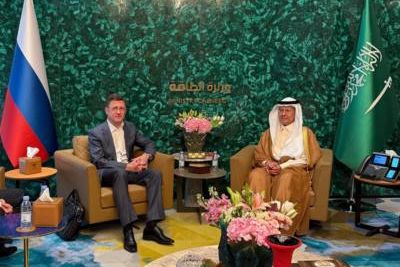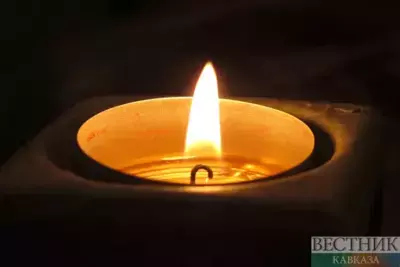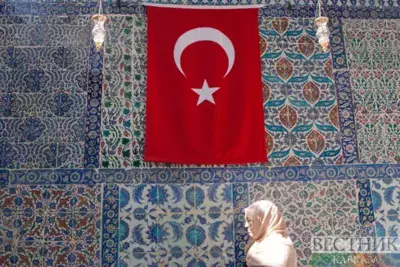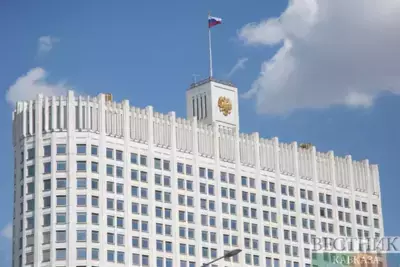During last week’s Arab Islamic American Summit in Riyadh, President Donald Trump and Saudi King Salman bin Abdulaziz al Saud strongly condemned Iranian support for terrorist groups and militants throughout the Middle East. “From Lebanon to Iraq to Yemen, Iran funds, arms, and trains terrorists, militias, and other extremist groups that spread destruction and chaos across the region,” Trump said. “Until the Iranian regime is willing to be a partner for peace, all nations of conscience must work together to isolate Iran, deny it funding for terrorism, and pray for the day when the Iranian people have the just and righteous government they deserve,” The Cipher Brief cites Trump in its article Would an Arab NATO Help Stabilize the Mideast — or Inflame Iran?
“The Iranian regime,” King Salman charged, “has spearheaded terrorism since [Ayatollah Ruhollah] Khomenei’s revolution [of 1979].” In addition to the U.S. and Saudi Arabia, other Sunni-majority Arab countries, particularly members of the Gulf Cooperation Council, voiced concern over Tehran’s provision of financial and material support to proxy groups in Lebanon, Syria, Iraq, Yemen, and elsewhere throughout the region. As part of the effort to counteract Iran’s regional activities, the idea of forming an “Arab NATO” had been touted by analysts, policymakers, and members of the media alike in the weeks leading up to Trump’s arrival in Riyadh. Although Trump did not explicitly call for the creation of an Arab NATO during his public appearances in the Kingdom, observers believe that he brought up the idea during private meetings with Arab leaders. According to reports, the Trump Administration is keen on establishing a framework and set of principles that would lead to the development of a NATO-like structure in the Middle East. In addition to Saudi Arabia, other initial participants in the alliance would likely include Egypt, Jordan, and the United Arab Emirates.

An Arab NATO would behave much like NATO, strengthening military, defense, and intelligence cooperation among allied governments. Its fundamental principle would be that an attack on one would be considered an attack on all. Instead of focusing on Russia as the primary national security threat, an Arab NATO would pencil Iran into that role.
How would Iran respond if the concept of an Arab NATO were to gain traction? Tehran would almost surely interpret further militarization of the Persian Gulf as a threat to its national security. However, for now, Iran seems skeptical that any formal Arab NATO agreement could come to fruition in the short-term.
“Tehran may be wise enough, especially in the aftermath of the reelection of pragmatic conservative President Hassan Rouhani, to hold off on any immediate responses,” explains Steve Ward, Cipher Brief expert and former senior analyst at the CIA. “The Iranians almost certainly know that, given past failed attempts to form effective Arab alliances, an anti-Iranian coalition, even with U.S. support, is far from a sure bet.”

At a press conference last week, Iranian President Hassan Rouhani, recently reelected by a substantial margin, was quick to criticize the summit in Riyadh, denouncing Saudi Arabia’s lack of elections as well as its $110 billion arms deal with the U.S. “Mr. Trump arrived in the region at the time when he saw 45 million Iranians participating in the elections,” Rouhani said. “Then he visited a country that I doubt knows the definition of elections. The poor things have never seen a ballot box.” “I do not think the American people are ready to trade the lives they lost in September 11 with billions of dollars gained through weapons sales,” Rouhani scoffed. He called Trump’s attendance at the Riyadh meeting “just a show,” without “political and practical value.” While the concept of an Arab NATO may seem like an attractive option for a region mired in chaos, whether such an alliance could deliver stability to the Middle East is questionable. “From an Iranian perspective, this once again goes back to the first argument that Iran has made since the early 1980s and more aggressively in the 1990s, which is that security in the Persian Gulf cannot be dictated by foreign powers,” Emad Kiyaei, Policy Analyst at the American Iranian Council, told The Cipher Brief. “At the end of the day, the regional countries must come together, including Iran, and come up with a regional security apparatus or mechanism that works best for them,” he concluded.
















